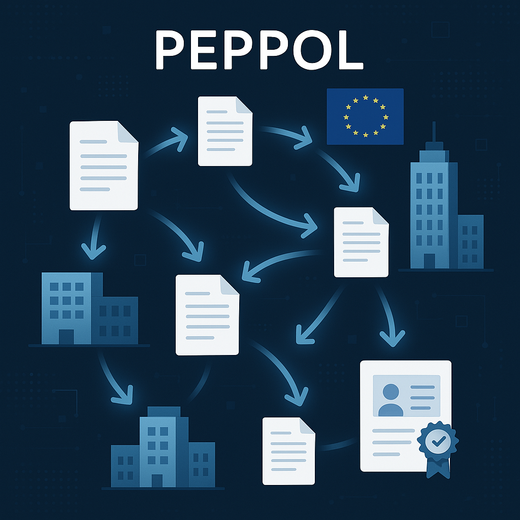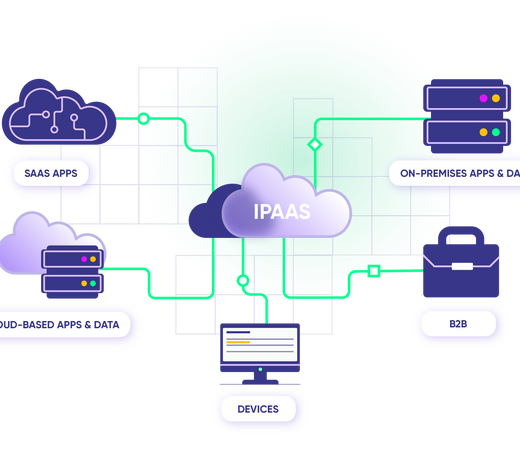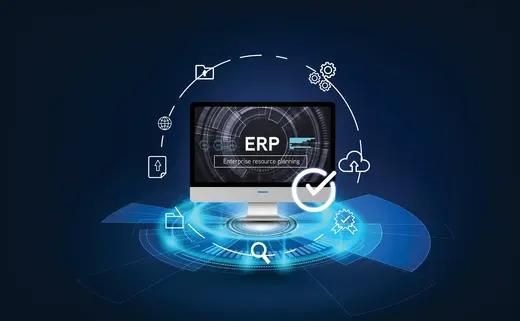- Digital transformation
Tailor-made without customization: a flexible ERP approach for your sector.
Sector | ERP implementation | Add-ons
When choosing a new ERP system, there are many factors to consider. One of the most important questions is how well the system meets the specific needs of your sector. Fortunately, most ERP platforms offer a flexible integration layer, allowing sector-specific add-ons to be easily connected without changing the core of the ERP system. This means that companies can benefit from tailor-made functionalities without the risks and high costs of full customization.
Why choose sector-specific add-ons?
More and more ERP vendors and implementation partners are focusing on specific sectors. This allows them to build deep expertise and translate best practices into specialized add-ons. These extensions offer crucial functionalities for companies in a particular sector.
For the manufacturing industry, where efficiency and quality control are central, ERP extensions provide support for just-in-time (JIT) flows, lot management, and quality management. By optimally managing JIT processes, waste is minimized, and companies can respond more flexibly to demand. Lot management closely tracks raw materials and finished products, while integrated quality controls ensure that only products that meet standards leave the factory.
For retailers, add-ons improve inventory management across multiple warehouses, including temporary storage zones for more efficient goods receipt. Digital transport orders and automated packaging processes speed up logistics. A bulk creation function allows large quantities of items to be quickly added to the catalog, while real-time inventory data in quotes ensures accurate delivery promises. Additionally, advanced purchasing planning functions contribute to cost-efficient inventory management, allowing companies to respond more intelligently to volume discounts.
The construction sector benefits from add-ons that assist with site management through digital checklists, improving safety and regulatory compliance. A centralized overview of projects provides insight into planning and material needs. Add-ons for progress statements, invoicing, and post-calculation ensure correct cost allocation and margin monitoring.
For companies operating internationally or with intercompany flows, finance add-ons provide automated financial consolidations and compliance with local regulations, such as VAT reporting. Advanced cash flow management helps manage exchange rate risks and international transactions more efficiently.

The big advantage?
These add-ons are connected via an integration layer on top of the ERP system, where data and processes from various sources come together and synchronize. This is also known as an integration platform (iPaaS). As a result, updates and future expansions remain effortlessly compatible with the ERP system. Your company can grow with technological developments without your system becoming outdated or requiring extensive, costly adjustments.
Moreover, implementation partners keep a finger on the pulse in the sector. By continuously engaging with different customers, they jointly determine the roadmap for future developments. This means that you not only benefit from existing functionalities but also help shape innovations that truly make a difference in your sector.
Spread costs, maximize benefits
Because implementation partners develop and maintain these sector-specific add-ons for multiple companies within the same sector, the costs are shared. This makes it a much more cost-effective solution than customization, where you bear the full development costs as a company. Additionally, these add-ons remain up-to-date with the latest ERP releases, ensuring you always work with an optimally performing and future-proof system.
By combining with Integration Platform as a Service (iPaaS), you gain access to numerous sector-specific functionalities for a monthly license fee, without deviating from the standard ERP environment. This way, you maintain maximum flexibility and scalability without making your ERP system complex and difficult to maintain.











